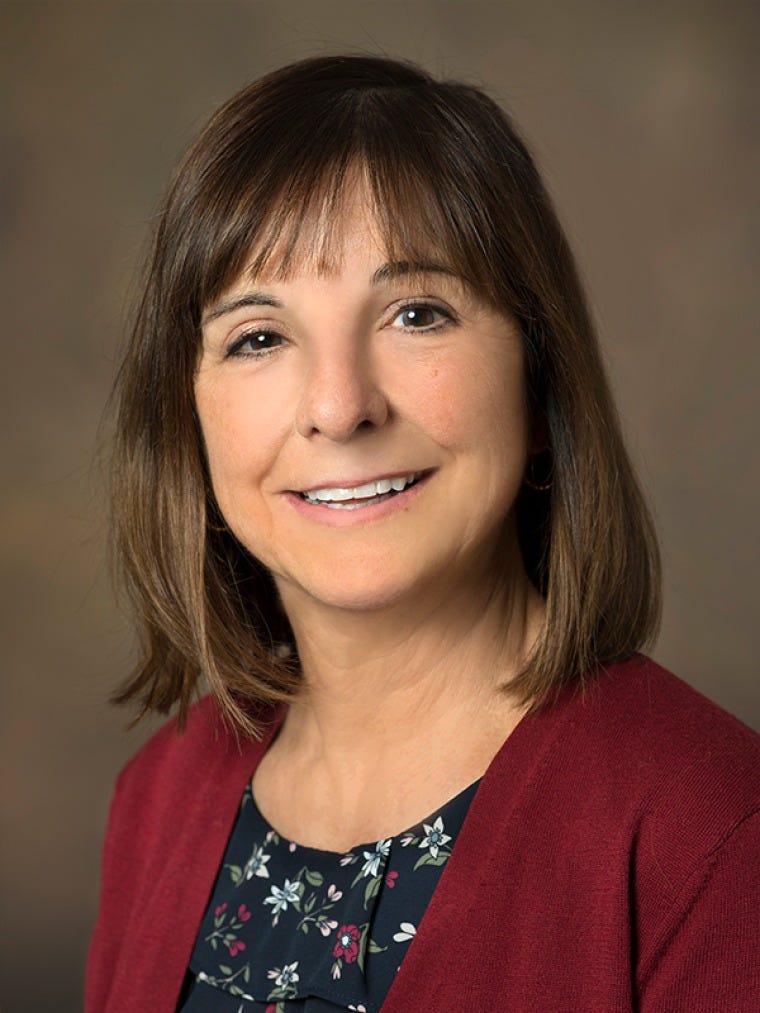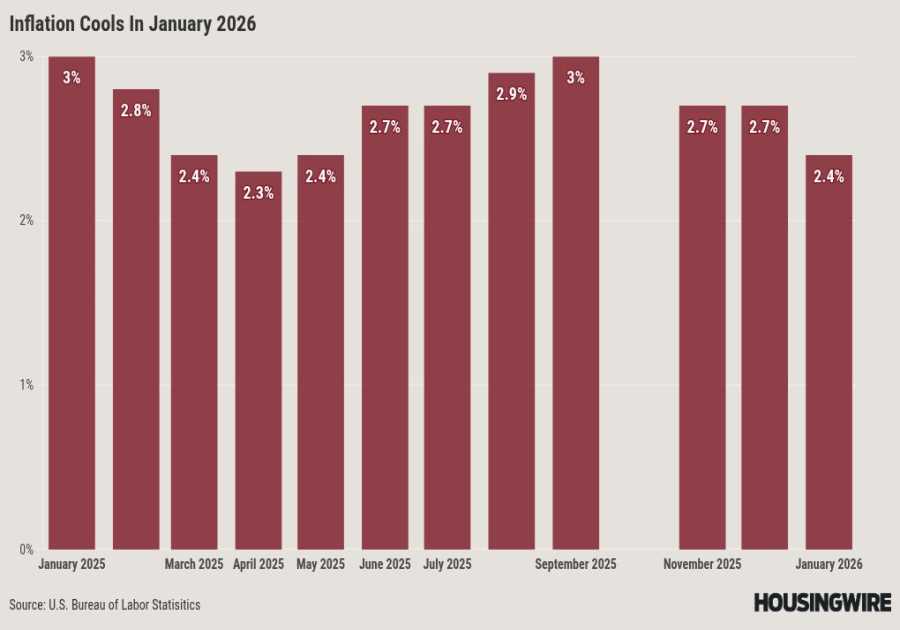
University of Arizona
- A new study suggests getting enough vitamin D and calcium is important for preventing cancers.
- But choosing to take supplements isn't without other risks, including a potential for heart issues.
- A cancer researcher reveals how she weighs benefits and risks.
Dietician and cancer prevention expert Cynthia Thomson knows you can't always diet or supplement your way out of getting cancer.
"I was a dietician running marathons when I was diagnosed with colorectal cancer and I was in my early 40s," Thomson, a University of Arizona professor, told Business Insider. "There's a lot of cancer that we can't prevent, that we have no idea why people are getting."
But, as Thomson has discovered through decades of studying the effects of supplements on tens of thousands of people, getting enough calcium and vitamin D can make a clear difference to your risk of developing deadly diseases, including some cancers. In fact, a person's nutrient intake, which is largely influenced by their diet, is thought to be responsible for about 30% of their cancer risk.
Her latest study, published Monday in the Annals of Internal Medicine, followed more than 36,280 postmenopausal women who'd been randomly assigned to either take vitamin D and calcium or (unknowingly) get a placebo pill instead, for a period of about seven years.
Over time, those supplements seemed to have a small, but measurable effect on reducing cancer deaths. But taking the supplements didn't come without risks.
Significantly less breast and colon cancer in supplement-takers

Karen Desjardin/Getty Images
After 22 years, when researchers looked back at how the supplement-takers did over time compared to the non-supplementing study participants, they found a 7% reduction in cancer-related deaths among women who took vitamin D and calcium supplements.
The reductions were especially impressive for invasive breast cancer (19%), and colorectal cancer (31%), like what Thomson once had.
But the news wasn't all good. Women in the study who took the two supplements together also had a modest but measurable 6% increased risk of developing cardiovascular diseases like heart disease, which is the leading cause of death for both men and women in the US.
Thomson's team doesn't know for sure exactly what's behind that increase, but they suspect the difference may have been caused by the calcium supplements encouraging some more calcification of coronary arteries.
"I wouldn't want cardiologists to say 'no one should be taking calcium supplements,' or for oncologists to say 'everyone should be taking them' — we really need to look at individual profiles," Thomson said. "I think this is where we're going in medicine. It's not going to be one-size-fits-all."
Despite the potential heart risks, Thomson still takes her vitamin D and calcium supplements every day.
But she says you shouldn't just copy her regimen. Instead, considering which supplements to take for longevity should be a highly personalized science. Here are the three factors that helped inform her decision.
Use blood test results to determine your supplement regimen

Getty Images
Thomson says she considered at least three separate factors before incorporating vitamin D and calcium supplements into her diet:
She noticed that blood test results from her doctor's office showed her vitamin D levels were low. Taking 400 IU per day helped get her into the normal range on subsequent tests, a sign her strategy is working.
She suspected her diet, as a vegan-leaning "meat avoider" who gets some amount of calcium from foods like tofu, nuts, and salmon, may be just a tad low on calcium. (You can't properly measure calcium levels via blood tests, since the body tends to tightly regulate this system by pulling calcium from our muscles if it's not getting enough in food.)
Finally, she's more worried about her personal history of colorectal cancer than any risk of calcifying her coronary arteries. Her calculation might've been different if she had a personal or family history of kidney stones.
Think of supplements as an addition to your diet, not a shortcut

Anjelika Gretskaia/Universal Images Group via Getty Images
Thomson, like other leading researchers, says if you really want to have a big impact on your risk of developing chronic diseases like cancer, then first and foremost eat a diverse and healthy diet rich in plants like fruits, vegetables, whole grains, and nuts. This is the same strategy long-lived people around the world use.
"Supplements are just that — they're intended to supplement inadequacies in a diet," she said.
Thomson knows that supplements will never erase a person's cancer risk. Any health benefit they may have is likely to be slow, marginal, and specific to each patient.
"How they act in you or me might even vary, right?" she said. "I just think it's really an argument for looking at the whole patient."
Read More
By: [email protected] (Hilary Brueck)
Title: A cancer researcher shares 2 supplements she takes for healthy aging — and how to decide if they work for you
Sourced From: www.businessinsider.com/vitamin-d-calcium-supplements-good-for-aging-reduce-cancer-risk-study-2024-3
Published Date: Mon, 11 Mar 2024 21:01:01 +0000
Did you miss our previous article...
https://trendinginbusiness.business/business/san-diego-property-management-your-guide-to-hasslefree-property-ownership
.png)





